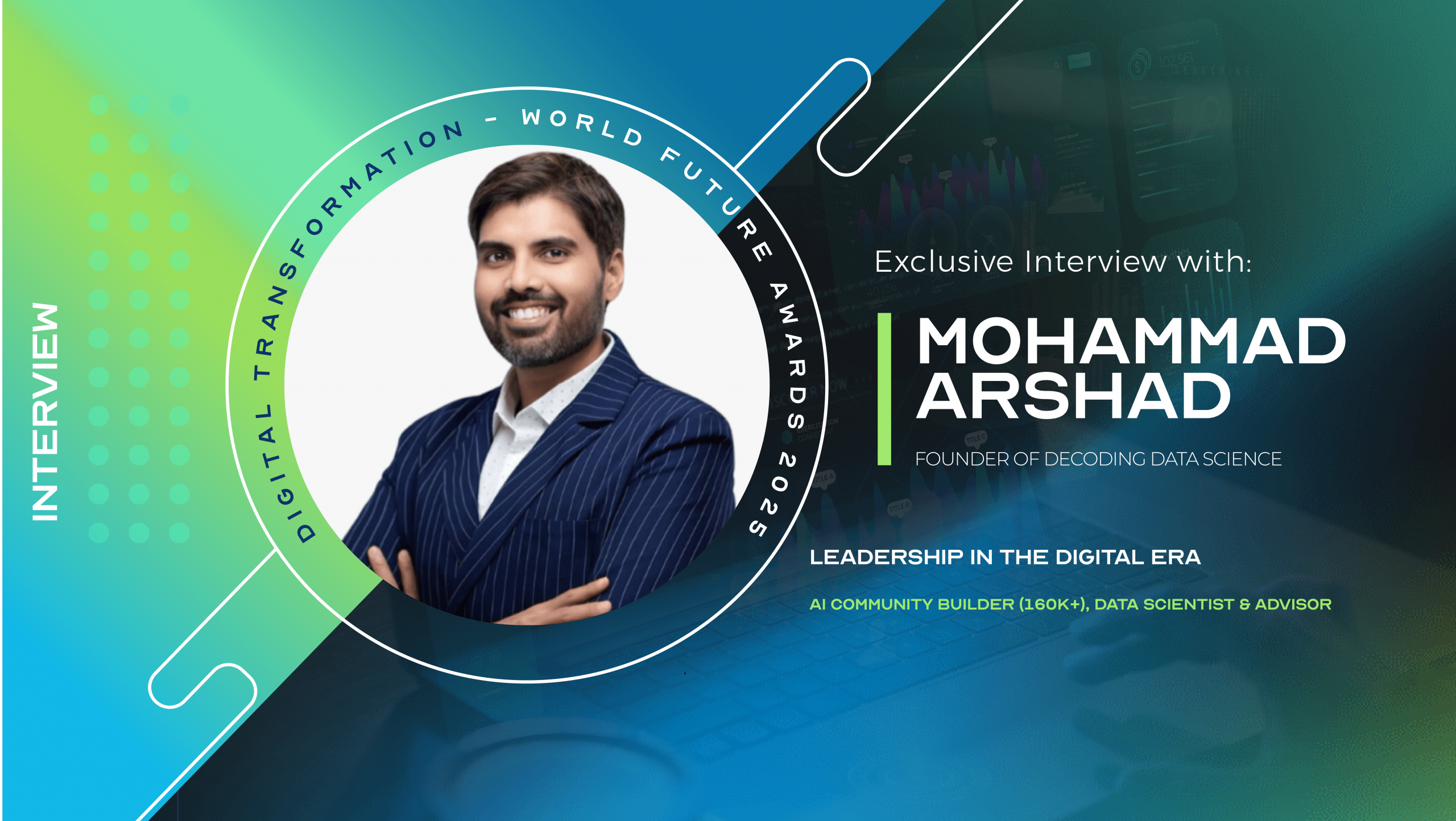
Leadership in the Digital Era: An Exclusive Interview with Mohammad Arshad
In an age where digital transformation is redefining the global business landscape, visionary leaders are those who not only embrace change but actively shape it. Mohammad Arshad stands out as one such leader.
As the CEO of DecodingDataScience.com and a globally recognized AI community builder with over 150,000 members, Arshad has built a reputation as a strategic thinker and pioneer in applying artificial intelligence, data science, and generative AI to solve complex business challenges. With over two decades of experience spanning retail, digital, marketing, and tech across industry giants like MAF, Accenture, HP, and Dell, he brings a rare blend of deep technical expertise and strategic leadership.
Recognized by the World Future Awards in their thought leadership article, “How AI is Reshaping Industries,” Arshad continues to inspire the next generation of digital leaders through his global keynote sessions, mentorship, and hands-on innovation.
In this conversation, we dive into his perspectives on navigating organizational transformation, fostering innovation, and addressing global challenges in the ever-evolving digital era.
Questions:
World Future Awards: Mr. Arshad, you’ve led transformation initiatives across global enterprises—what do you see as the most critical qualities for leaders navigating digital disruption today?
Mohammad Arshad: In today’s digital age, I believe the most critical quality is the ability to stay adaptive while maintaining clarity of purpose. Digital disruption is not just about adopting new tools—it’s about rethinking how we create value. At every transformation initiative I’ve led—from retail to consulting to tech—I’ve realized that leadership requires a blend of vision, execution, and empathy.
You must inspire teams to embrace uncertainty, make data-driven decisions, and continuously reskill. I also believe in what I call “digital humility”—the idea that no leader can know it all, and the best ones build ecosystems of learning and collaboration around them. That’s what I’ve tried to do with Decoding Data Science.
WFA: How do you balance fostering innovation while maintaining operational stability in large, complex organizations?
MA: This is a challenge I’ve faced often, especially when working with legacy organizations trying to modernize. The key lies in creating parallel tracks: one for sustaining operations and another for accelerating innovation. You can’t let innovation threaten stability, and you can’t let stability block innovation.
At MAF, for example, I supported initiatives where the core business had strict SLAs and KPIs, but we also built sandboxes for data experimentation, launching pilots in retail analytics and customer personalization with clear exit criteria. It’s about structuring innovation like a startup within the enterprise, while aligning it with real business metrics.
WFA: In your experience, what are the most common pitfalls organizations face when implementing AI or digital transformation strategies, and how can leaders avoid them?
MA: The first pitfall is jumping to technology before aligning on the problem. Many leaders get excited about the latest models—LLMs, vision systems, recommender engines—but haven’t asked, “What business problem are we solving?”
The second is underestimating the cultural shift. AI is not just a tech upgrade—it requires rethinking workflows, roles, and how decisions are made. I’ve worked with companies that built great models but failed to drive adoption because the frontline teams weren’t involved early on.
Lastly, data readiness is often overlooked. Without good data practices, even the best algorithms fail. My advice: build the AI journey like a product—with a clear use case, MVP mindset, measurable ROI, and continuous learning.
WFA: With the rapid advancement of Generative AI, how do you see leadership roles evolving over the next five years?
MA: Leadership will evolve from being directive to being orchestrative. With GenAI, leaders don’t need to micromanage—they need to curate the right prompts, questions, and systems to drive outcomes.
For instance, in my AI Residency program, I train professionals to think with AI, not just use it. Future leaders must know how to integrate human judgment with machine intelligence. They’ll need to make ethical decisions fast, interpret outputs, and design workflows where humans and AI collaborate effectively.
Soft skills—empathy, storytelling, ethical reasoning—will become leadership differentiators in a world where AI handles the routine.
WFA: You’ve built a thriving AI community of over 150K people—how has community-building influenced your approach to leadership and business strategy?
MA: It’s been one of the most rewarding experiences of my life. When I started Decoding Data Science, it was a small group of passionate learners. Today, it’s a global ecosystem with over 150,000 members. Through this, I’ve learned that leadership is not about broadcasting—it’s about listening and co-creating.
Many of my product ideas, bootcamps, and challenges have emerged from conversations in the community. It’s helped me stay grounded, understand real-world struggles of learners and professionals, and stay agile in my offerings. This community-first mindset has also made my business resilient, because we evolve with the people we serve.
WFA: What are some emerging global business challenges you believe leaders must prepare for in the next decade, especially in relation to data ethics and responsible AI?
MA: We’re entering an era where trust will be the currency of digital leadership. AI can do amazing things—but if we can’t ensure fairness, transparency, and accountability, we risk backlash and missed opportunities.
Leaders must prepare for increased regulatory oversight, such as the EU AI Act, and also self-impose standards around bias detection, consent, and explainability. This is particularly critical in regions like the Middle East, where adoption is rising but local datasets and cultural nuances need more attention.
One major challenge is AI governance—how do we ensure AI decisions align with human values? I believe we need cross-functional AI ethics committees, and leaders must invest in training not just their engineers, but their policy and business teams.
WFA: Having worked across regions and industries, how do you tailor leadership and innovation strategies to different cultural and regulatory contexts?
MA: This is where empathy and observation come in. Working across the UAE, India, Europe, and with US clients, I’ve realized that no two markets are alike. Leadership in Dubai requires understanding regulatory frameworks and national visions like UAE Centennial 2071; in India, it’s about frugality, scale, and inclusivity.
I adapt by listening, partnering with local experts, and avoiding assumptions. For example, when deploying AI in healthcare or education, I align not just with laws, but with local values—what does fairness mean in that context? That’s how you lead with respect and relevance.
WFA: Finally, what advice would you give to aspiring leaders looking to make a meaningful impact in the digital era?
MA: Start where you are—don’t wait for the perfect title or permission. If you believe in something, build it. Use the tools around you—AI, communities, no-code platforms—to test ideas and learn fast.
Also, don’t just chase trends—solve real problems. Build a portfolio of meaningful work and let your values guide you. And finally, lift others as you grow. That’s how you create impact that lasts.
In my journey, every milestone—whether it was speaking at Gitex, mentoring over 1,000 professionals, or launching the AI Residency—was driven by a simple principle: teach what you learn, and learn as you teach.
Thank you, Mr. Arshad, for sharing your invaluable insights and inspiring perspective on leadership in the digital era—your vision and experience are truly shaping the future of global innovation.
To learn more about Mohammad and his inspiring work, visit his LinkedIn page at https://www.linkedin.com/in/mdarshad/
MORE NEWS
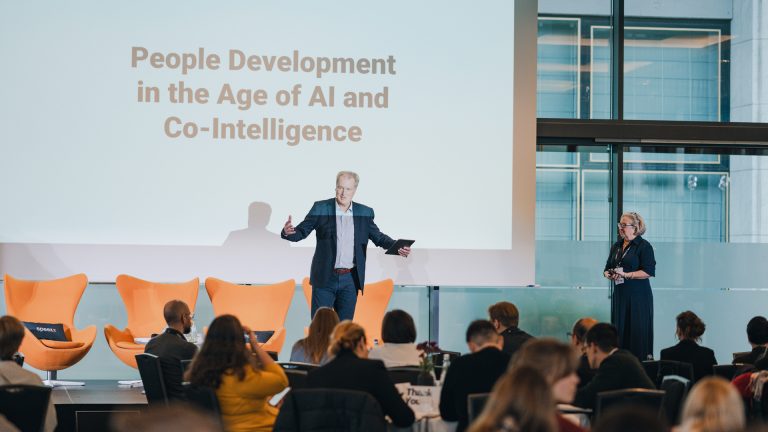
Defining the Next Era of People Development

Speexx Awarded for Global Workforce Development Innovation
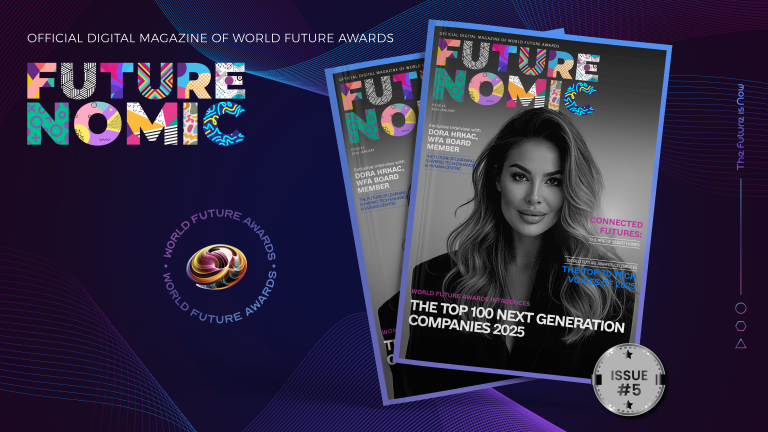
World Future Awards Releases Futurenomics Digital Issue #5
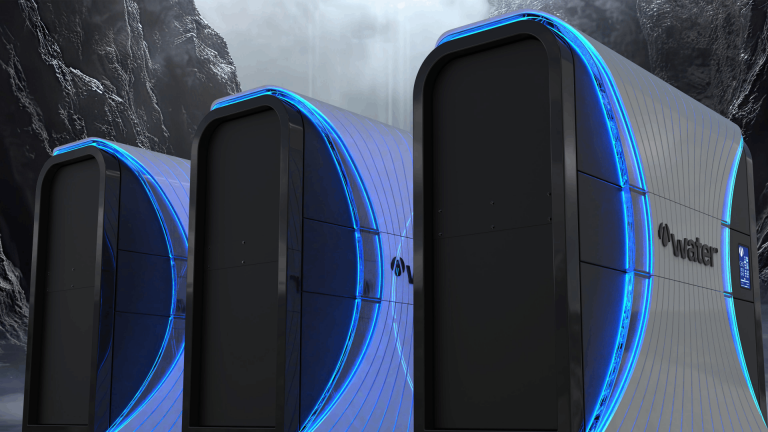
VVater Named One of World Future Awards’ Top 100 Next Generation Companies for 2025
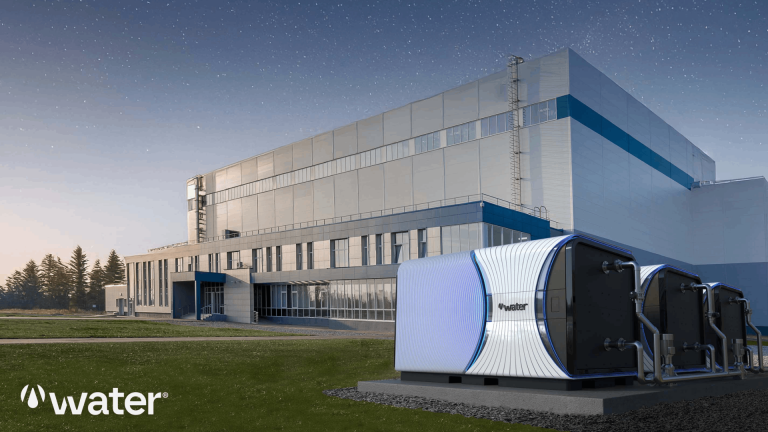
VVater – Pioneering the Future of Water Technology

The 2025 Tech Christmas List: 11 Gifts for Forward Thinkers

BitFuFu Named Among World Future Awards’ TOP 100 Next Generation Companies
NEWSLETTER
Sign up to learn more about our project and to stay up to date.

